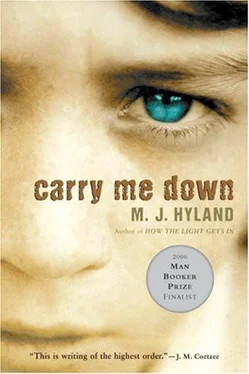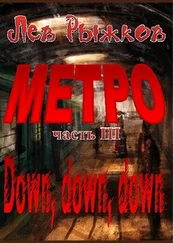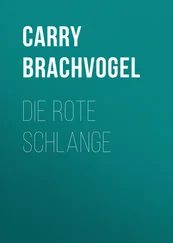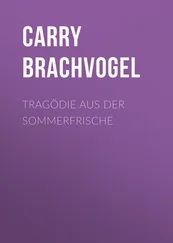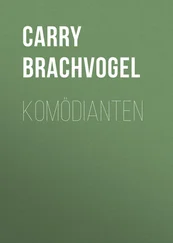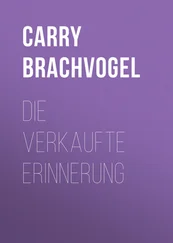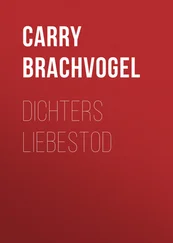This gesture of hers, pointing to the concrete building as though it were splendid, reminds me of the day we visited the big house in Gorey together.
‘I could’ve found it myself,’ I say.
‘I know,’ she says. ‘But I wanted to see you off.’
‘OK, then. Bye-bye.’
Suddenly, her face collapses, as though she is crying dry, and she leaves me without saying goodbye. I cross the road.
The teacher makes me stand at the front of the class while she introduces me.
‘This is the new boy I told you about yesterday. His name is John Egan and he’s moved to Dublin all the way from Gorey. I hope you’ll make him feel very welcome.’
‘Good-morn-ing-John-E-gan,’ they say flatly and in unison.
I don’t say anything. I want to, but since I can’t think of anything good to say I don’t speak at all. I look at them and let them look back at me.
The class is bigger than my class in Gorey and, while the teacher tells them where Gorey is, I count them: ten girls and seven boys. There’s an empty seat in the middle row and the desk it sits behind has been scrubbed clean of graffiti.
I take my seat and spend the first few lessons of the day as though half awake. There is a small window to look out of but the room is too hot. My new teacher is a short, fat woman, with the cropped brown hair of a man. She wears glasses and whenever she asks a question she takes them off and dangles them in her fat hand.
The only pleasure I get from being in her class is catching her in lies. She comes to our desks and looks over our exercise books. When she lies to a pupil her voice lowers.
She tells the slow boy with the desk next to mine — who has obvious mistakes all through his work — that he is ‘doing a splendid job’, and her voice is so low it is barely audible.
At break-time, three crates containing small bottles of milk and a crate of jam sandwiches are delivered to our classroom. The milk is warm and the jam in the sandwiches is dry and crispy. I stay in the classroom and read.
At lunch I look for somebody to sit with and I see two boys, both of whom wear glasses, sitting under a classroom window, their heads lowered, their faces in their food. I sit down next to them. ‘Hello,’ I say. ‘Do you mind if I sit here?’
They move over even though there’s plenty of space, and after I sit they put their sandwiches down on their laps and wipe their hands clean on their trousers. They must be short, because they have to crane their necks to look up at me.
I ask them about school and what they did for the Easter holidays. I easily catch one of the boys telling a lie. He says he went to London at Easter and that his father took him for a drive in his uncle’s red MG. He says they went seventy miles per hour and his mother’s hat came flying off. He wasn’t lying about being in London, or the sports car, but he was lying about his mother. Either she wasn’t in the car or she was and she wasn’t wearing a hat.
I remember what one of the books said. ‘One of the hardest parts of lie detection is when only a part of a statement contains the lie. It can be very difficult to separate the lie from the truthful part of the sentence.’
I’ve noticed that when somebody lies it is almost as though something passes across their face, like a cloud; as though they fade from view slightly, become less real, less like the person you are used to seeing. It is hard to say exactly what it is that happens. But whatever it is, I can see it.
At the end of the day, my teacher tells the class that next week at school there’ll be a delousing. All of us will line up (boys and girls in separate rooms) with only our underpants on and get sprayed with the stuff that kills lice and nits, and we’ll be checked for ringworm too.
After school, I have an hour and a half before I’m due to meet the gang, in which time I have to get the sink I promised them. After walking around the new estate for half an hour, I decide that I won’t meet them. I don’t care about them.
I walk through the dark streets around Ballymun, past the tenements with green doors and small windows, and I walk by smouldering bonfires in the fields, the charred remains of mattresses and prams, and I memorise the names of the streets and car registration plates. A group of friends is not as important to me as my gift.
I go home and make a ham sandwich. My father isn’t home and, although it’s not yet dark, my mother is asleep. I don’t wake her. I eat half of the ham sandwich, put my pyjamas on and then get into bed. I read the section about prison escapees in the Guinness Book . I like the sound of James Kelly, who escaped from Broadmoor on 28th January, 1888, by using a key he made from a corset spring. Kelly spent thirty-nine years a free man, in Paris, New York, and at sea. In 1927 he returned to Broadmoor and asked to serve the remainder of the sentence he had been given for murdering his wife.
I think about how to attract the attention of the Guinness Book . Maybe this time I should send them a tape recording of an experiment. I could do the experiment with my mother. Perhaps they have written to me, and the letter is waiting for me in Gorey. After an hour of contemplation, I can’t stand the quietness any longer. I tap my mother on the arm to wake her.
‘I’m asleep,’ she says. ‘Get back over to your side of the bed. You’re crushing me.’
‘How will I get my post?’ I ask.
‘What post?’ she says, covering a yawn with the back of her hand.
‘I’m waiting for a letter from the Guinness Book of Records ,’ I say.
‘What letter?’
‘I told you already. I wrote to them about my gift for detecting lies.’
She sits up and puts a pillow behind her head. ‘Make me a cup of tea and then tell me about it again.’
I make a pot of tea and bring it in to her on a tray with a packet of Digestives.
I sit on the end of the bed and tell her. She won’t forget again.
‘Oh, yes,’ she says. ‘But do you not think that these lies are harmless? Can’t you see them for what they are? They’re white lies. Your father was just embarrassed to admit that the cards were bought in a batch on the cheap. And Granny lied because sometimes it isn’t polite to talk about money. Besides, money is a sticky topic at the moment.’
It isn’t polite to talk about money? She is telling the truth but I hate that this is what she believes and I hate it even more that she sounds like a robot. Only her lips move, the rest of her face is stiff.
‘I don’t care why they lied!’ I shout. ‘Don’t you get the point of this? I have a gift.’
The bed shakes and the ham sandwich slides off the plate; the bread and ham fall apart, and the ham sticks to the eiderdown.
‘John, there’s no need to shout. I think perhaps you are just more perceptive than most boys of your age, and that’s a good thing, a really excellent thing. But maybe you should keep this in perspective. There’s no point being a bull in a china shop, is there?’
I jump up from the bed and go to the bedside table so that I’m nearer to her.
‘Do you think I should stop, and be like everybody else?’
I pick up a book and wave it around as I shout at her. I wish I had something else in my hand, but there’s nothing else I can hold, and nothing that will calm me. I feel empty and want things to hold and touch. I also want something in my mouth.
‘Do you want me to pretend I don’t have a gift?’
She sits up and puts her arms around her knees. ‘Calm down.’
‘No,’ I shout. ‘You’re a dumb fool. Dumb, dumb, dumb!’
‘Please calm down. You don’t have to shout at me. I’m not deaf.’ She is nervous.
I want to know why she doesn’t take me seriously, but I won’t talk any more. She will see for herself.
Читать дальше
